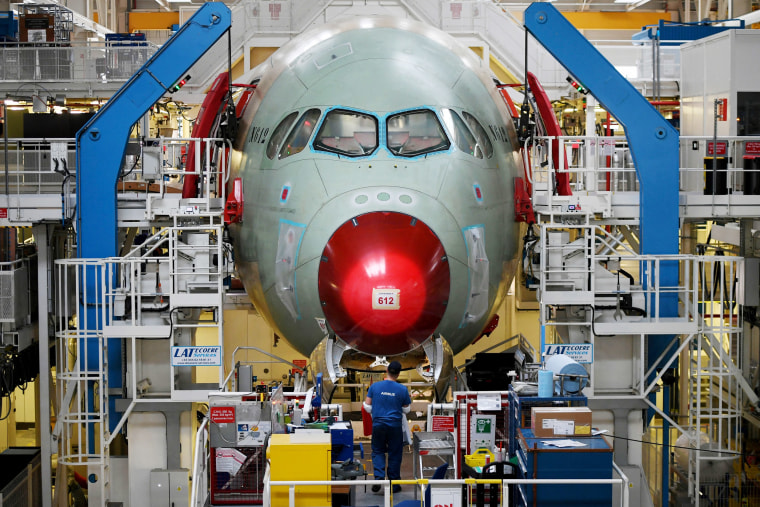The recent allegations by the Federal Aviation Administration (FAA) regarding Boeing and Airbus potentially utilizing counterfeit titanium in their aircraft have raised significant concerns within the aviation industry. The use of counterfeit materials in aircraft manufacturing can have catastrophic consequences, posing threats to the safety and reliability of the planes.
Counterfeit titanium, if used in critical components of an aircraft, could compromise the structural integrity of the plane. Titanium is a crucial material in aircraft manufacturing due to its lightweight yet strong properties, which make it ideal for use in key components such as the airframe, landing gear, and engine parts. Any compromise in the quality or authenticity of this material can lead to serious safety risks during flight operations.
The implications of using counterfeit titanium in aircraft are severe and far-reaching. It not only raises questions about the quality control practices of major aircraft manufacturers but also highlights the challenges of ensuring the authenticity of materials in the global supply chain. The aviation industry relies on a complex network of suppliers and manufacturers, making it vulnerable to counterfeiting and quality control issues.
The FAA’s investigation into the use of counterfeit titanium by Boeing and Airbus underscores the need for stricter regulations and oversight in the aircraft manufacturing industry. Regulatory authorities must work closely with manufacturers and suppliers to ensure the traceability and authenticity of materials used in aircraft production. Quality control processes and inspections should be implemented to detect and prevent the use of counterfeit materials in aircraft.
The potential risks associated with counterfeit titanium in aircraft highlight the importance of transparency and accountability in the aviation industry. Manufacturers must be transparent about their supply chains and materials sourcing practices to build trust with regulatory authorities and the flying public. Airlines and passengers rely on the safety and reliability of aircraft, and any compromise in the quality of materials used can have dire consequences.
In conclusion, the allegations of Boeing and Airbus using counterfeit titanium in their planes raise serious concerns about the safety and reliability of aircraft. The aviation industry must take proactive measures to ensure the authenticity and quality of materials used in aircraft manufacturing to maintain the highest standards of safety and security. Regulatory authorities, manufacturers, and suppliers must work together to address these challenges and uphold the integrity of the aviation industry.
